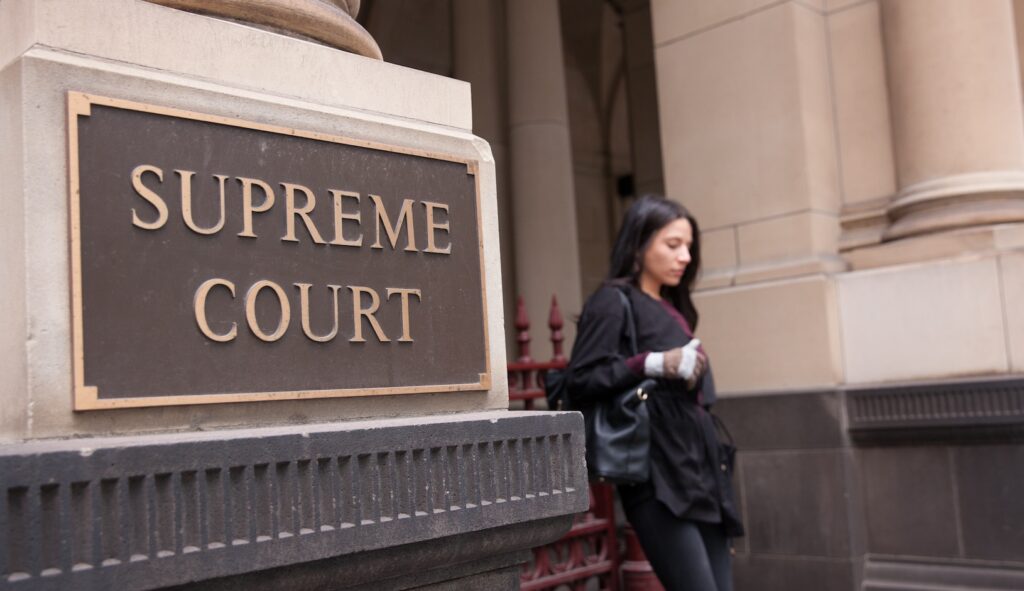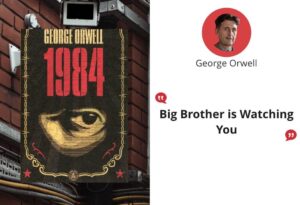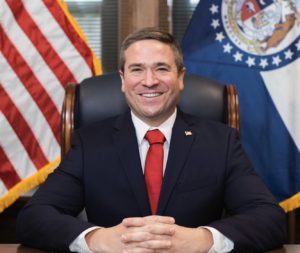Supreme Court strikes down injunction against government censorship via big tech, citing plaintiffs’ standing
In a 6-3 ruling Wednesday, the Supreme Court of the United States ruled in favor of the Biden administration in a lawsuit brought by two state attorneys general and five social media users, who the…

In a 6-3 ruling Wednesday, the Supreme Court of the United States ruled in favor of the Biden administration in a lawsuit brought by two state attorneys general and five social media users, who the majority argued lacked the standing to sue over government-coerced censorship of conservatives online.
The lawsuit in the case, known as Murthy v. Missouri, was filed in 2022 in Louisiana by the attorneys general of that state and Missouri, who alleged the government colluded with social media companies to impede and silence conservative speech.
On July 4, 2023, U.S. District Court Judge Terry Doughty issued a preliminary injunction against the Biden administration, arguing that Missouri Attorney General Andrew Bailey and his counterpart in Louisiana “are likely to succeed on the merits in establishing that the government has used its power to silence the opposition,” as reported previously by The Lion.
The Biden administration next appealed to the 5th Circuit, which essentially upheld Doughty’s ruling.
“[The 5th Circuit] characterized the conduct at the center of the case as a ‘coordinated campaign … orchestrated by federal officials that jeopardized a fundamental aspect of American life,’ writes Supreme Court reporter Amy Howe. “But the court of appeals narrowed Doughty’s order limiting communication to a smaller group of officials, including the White House, the Surgeon General, the CDC, and the FBI.”
Shortly after, in September, the Biden administration appealed to the Supreme Court, which quickly agreed to consider the case.
In Wednesday’s ruling, Justice Amy Coney Barrett wrote for the majority:
“The plaintiffs, without any concrete link between their injuries and the defendants’ conduct, ask us to conduct a review of the years-long communications between dozens of federal officials, across different agencies, with different social-media platforms, about different topics.”
Justice Samuel Alito filed a dissenting opinion, joined by Justices Clarence Thomas and Neil Gorsuch.
Alito called the case, based on the evidence of the lower court, “one of the most important free speech cases to reach this court in years.”
“This evidence was more than sufficient to establish Hines’s standing to sue… and consequently, we are obligated to tackle the free speech issue that the case presents,” Alito wrote. “The court, however, shirks that duty and thus permits the successful campaign of coercion in this case to stand as an attractive model for future officials who want to control what the people say, hear, and think.”
The case is now remanded back to the lower courts, where it may be dismissed or possibly proceed, if plaintiffs with standing join.
The path forward for the case, if any, is uncertain and perhaps uncharted.
The Missouri Attorney General’s Office insisted to The Lion that the case will still proceed, writing, “The court ruled we have not proven standing right now to have an injunction, not that there’s no standing to sue in the first place. The suit goes back down to the district court. This happens often.”
“We are going back to the district court to obtain more discovery in order to root out Joe Biden’s vast censorship enterprise once and for all,” Missouri AG Andrew Bailey tweeted.
However, Will Scharf, an appellate attorney for former President Donald Trump and a Republican candidate for Missouri attorney general, told The Lion the Supreme Court ruling is “a 100% loss. There isn’t more evidence that could support standing.”
Even if the case were allowed to proceed again in the lower courts, the Supreme Court ruling invalidates an earlier injunction prohibiting the federal government from colluding with social media companies to censor conservatives. That means there will be no court prohibition against online censorship during the remainder of the 2024 presidential election cycle.



